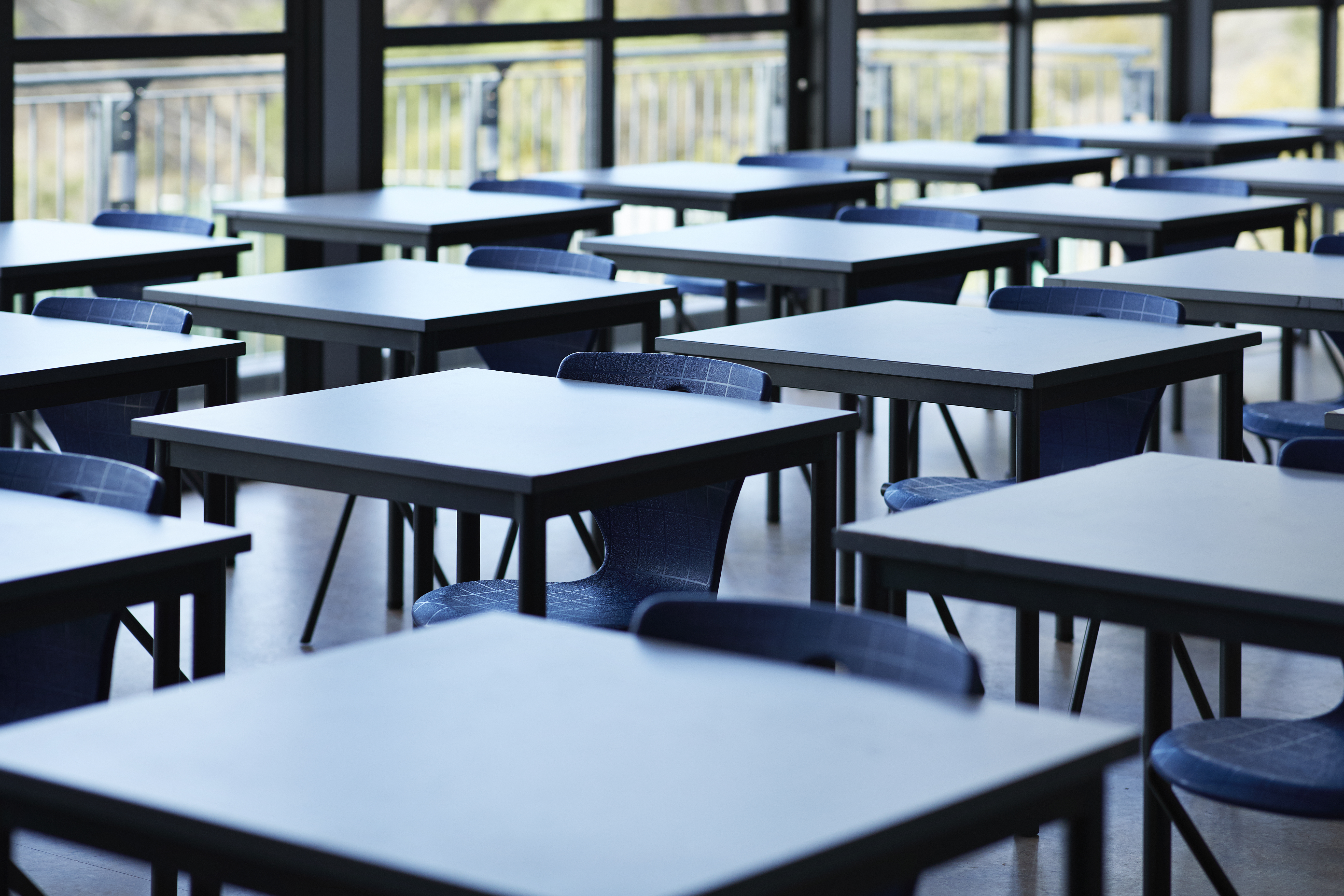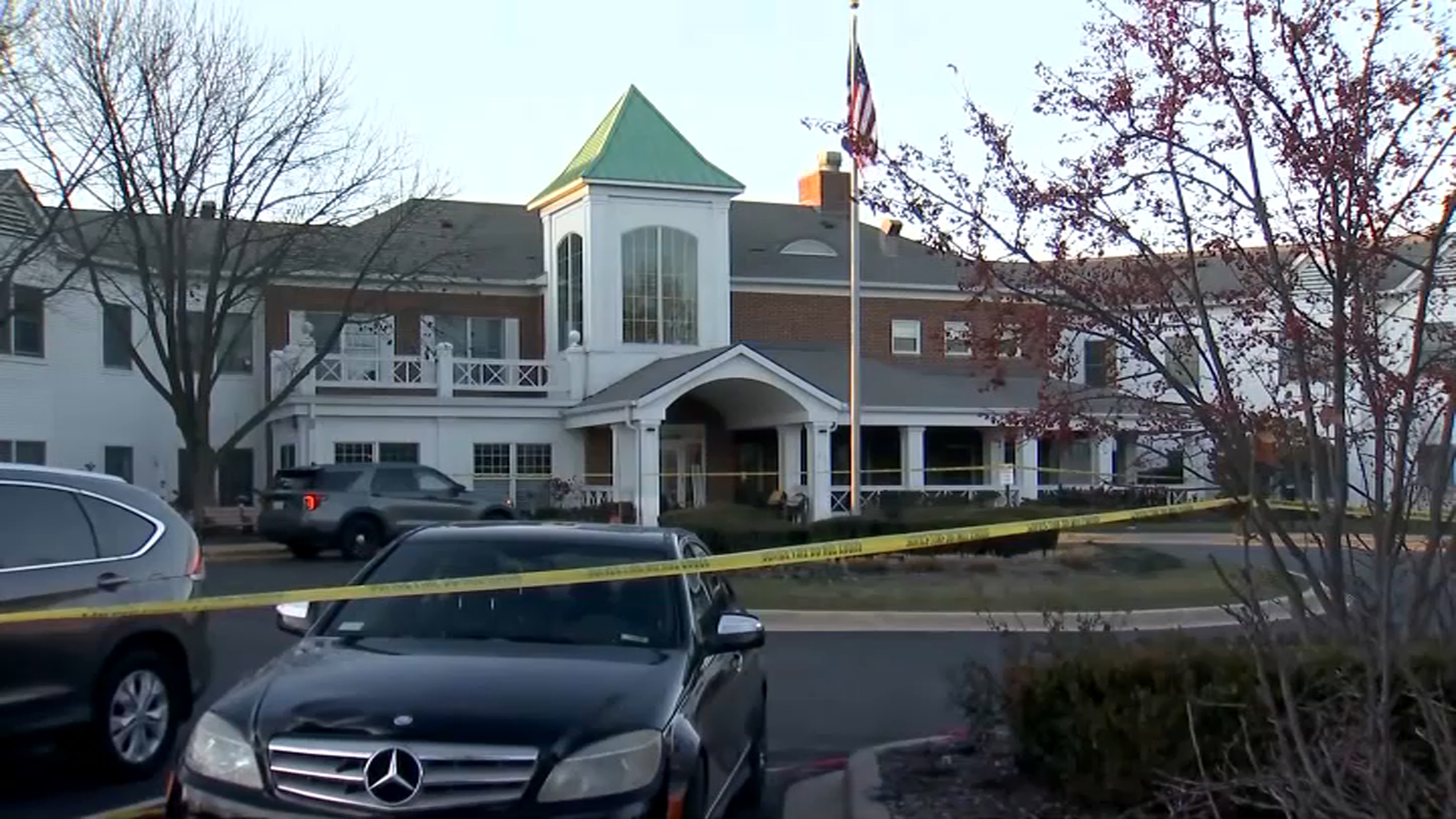The United Center's mass vaccination site won't just be for Chicago residents.
Once the arena opens as a mass COVID-19 vaccination site next month, all Illinois residents who currently qualify to get vaccinated under the state's Phase 1B will be eligible to get their shots there.
The site opens March 10 under a partnership between state, city and federal agencies, a coalition of officials announced Friday. It will be able to administer 6,000 doses a day at full capacity and will be by appointment only, Gov. J.B. Pritzker's office said in a statement, and seniors will have first access to appointments before the site opens.
If any appointments are still available after seniors have had their exclusive registration period, any remaining slots will be open to all Illinoisans eligible under the state's guidelines, Pritzker's office said.
Once the site opens on March 10, registration will be open for all Illinois residents eligible under the state's Phase 1B guidelines.
Illinois expanded Phase 1B of its vaccination plan Thursday, opening up eligibility to include people with certain high-risk medical conditions and comorbidities.
The list of qualifying high-risk medical conditions (which is subject to change) includes:
- Cancer
- Chronic Kidney Disease
- COPD (Chronic Obstructive Pulmonary Disease)
- Diabetes
- Heart Condition
- Immunocompromised State from a Solid Organ Transplant
- Obesity
- Pregnancy
- Pulmonary Disease
- Sickle Cell Disease
While the state expanded its Phase 1B, many counties, health departments and hospital systems - including Chicago and Cook County - said they would not join the rest of Illinois in increasing eligibility, citing low vaccine supply for those who already qualify.
Previously under the earlier iteration Phase 1B, residents age 65 and over as well as essential workers were eligible to receive the vaccine. Here's a look at those who already qualified under Phase 1B:
Feeling out of the loop? We'll catch you up on the Chicago news you need to know. Sign up for the weekly Chicago Catch-Up newsletter.
- Residents age 65 and over
- Frontline essential workers, which means "residents who carry a higher risk of COVID-19 exposure because of their work duties, often because they are unable to work from home, and/or they must work closely to others without being able to socially distance. This includes:
- First responders: Fire, law enforcement, 911 workers, security persPDonnel, school officers
- Education: Teachers, principals, student support, student aids, day care worker
- Food and agriculture: Processing, plants, veterinary health, livestock services, animal care
- Manufacturing: Industrial production of good for distribution to retail, wholesale or other manufactures
- Corrections workers and inmates: Jail officers, juvenile facility staff, workers providing in-person support, inmatesU
- USPS workers
- Public transit workers: Flight crew, bus drivers, train conductors, taxi drivers, para-transit drivers, in-person support, ride sharing services
- Grocery store workers: Baggers, cashiers, stockers, pickup, customer service
- Shelters and day care staff: Homeless shelter, women’s shelter, adult day/drop-in program, sheltered workshop, psycho-social rehab
Officials said the the United Center site will operate seven days a week for eight weeks, and that information about where and how to make appointments would be made available in coming days. Set-up outside the arena was underway Friday.
News
The United Center will be able to administer 6,000 shots per day, officials said, but noted that demand was "anticipated to be high." Those doses will be provided directly from the federal government and not diverted from the supply sent to Chicago or Illinois.
The United Center is one of 18 "federally-established community vaccination centers" across the country that President Joe Biden's administration highlighted Friday as either recently opened or opening in the coming weeks.
Those sites, including the United Center, were selected based on a range of criteria including the Center for Disease Control and Prevention's "Social Vulnerability Index."
That index helps officials "identify and map communities that will most likely need support before, during, and after a hazardous event" taking into consideration "critical data points, including socioeconomic status, household composition, minority status, languages, housing type and transportation," the White House said.
Chicago and Cook County were identified as having a "significantly medically underserved and marginalized population," the White House said, adding that the United Center is located in a "central and accessible" area with nearby public transit and high walkability.
"The United Center is one of the best locations for vaccinating large numbers of people in America: it’s easy to get to, is in the midst of a medically underserved community, can handle large crowds and is well known to everyone in Illinois,” Pritzker said in a statement.
“I am deeply grateful to the Biden-Harris administration for working closely with us to bring on this high-capacity site, and I’m particularly proud that we’ve worked together to prioritize seniors in this process, moving us that much closer to putting this pandemic to an end," he continued.
Chicago health officials had previously said they were looking into creating mass vaccination sites at several sports stadiums, but those venues wouldn't be used until the city gets more doses of the coronavirus vaccine.
According to Dr. Allison Arwady, commissioner of the CDPH, the department looked into hosting mass-vaccination sites at the United Center, as well as at Wrigley Field and Soldier Field, but planned to wait until the city’s allotment of vaccines increases.
“We are completely ready to stand up mass vaccination sites, but it’s about vaccine,” she said during a Facebook Live earlier this month.
While frustration has been evident - both among residents seeking their shots as well as many government and health officials - over low vaccine supply, the shipments have increased in recent days after being stymied by winter weather last week.
On Thursday, Illinois reported a single-day high of vaccinations across the state, with more than 130,000 doses administered in the previous 24 hours. Nearly 2.7 million doses of the two available vaccines have been delivered to providers in Illinois, with another 445,200 doses allocated to the federal government's program for long-term care facilities. Of those, more than 2.4 million doses have been administered statewide.



